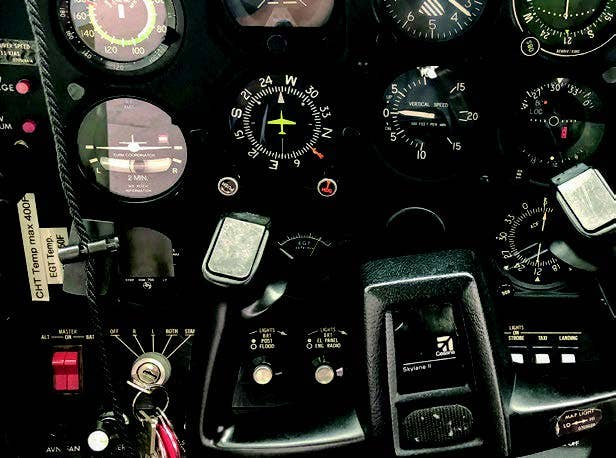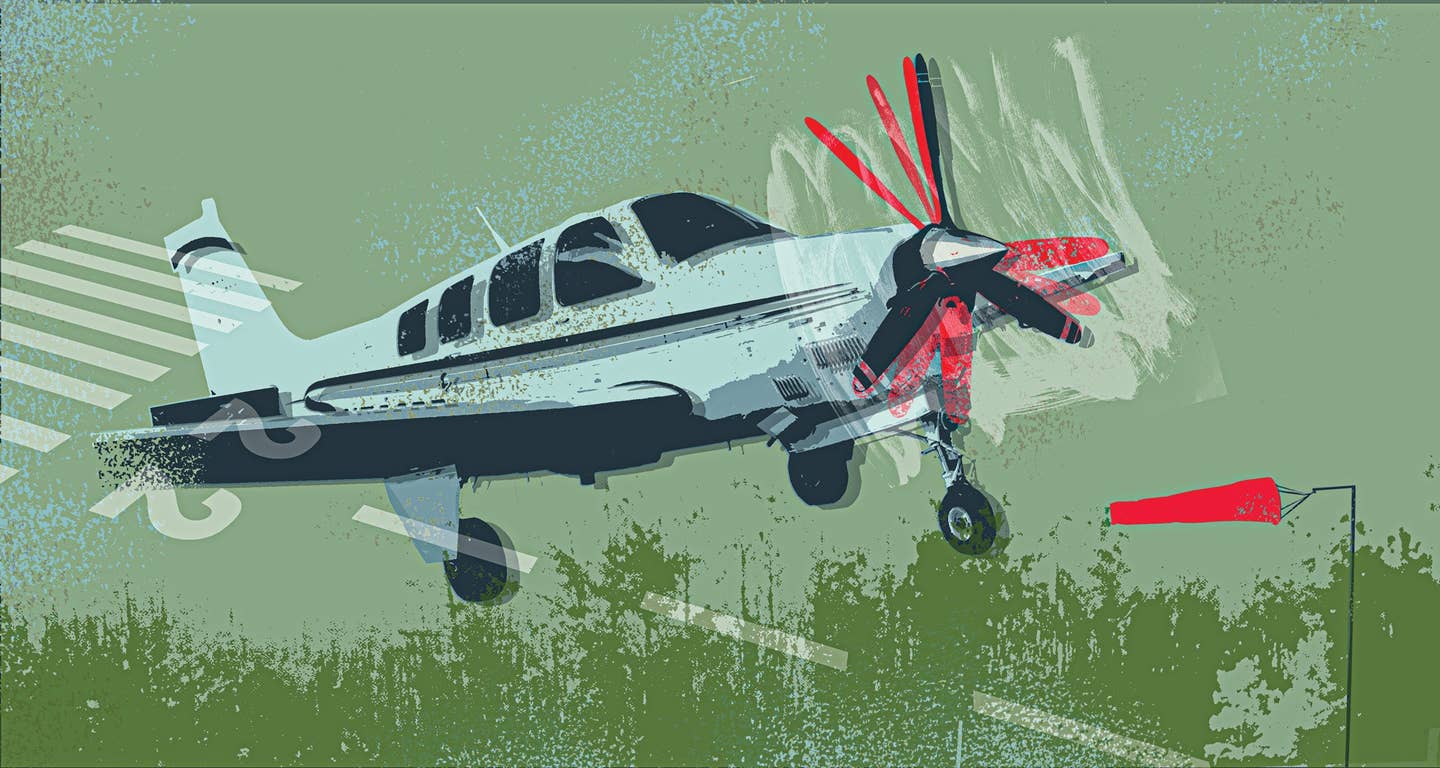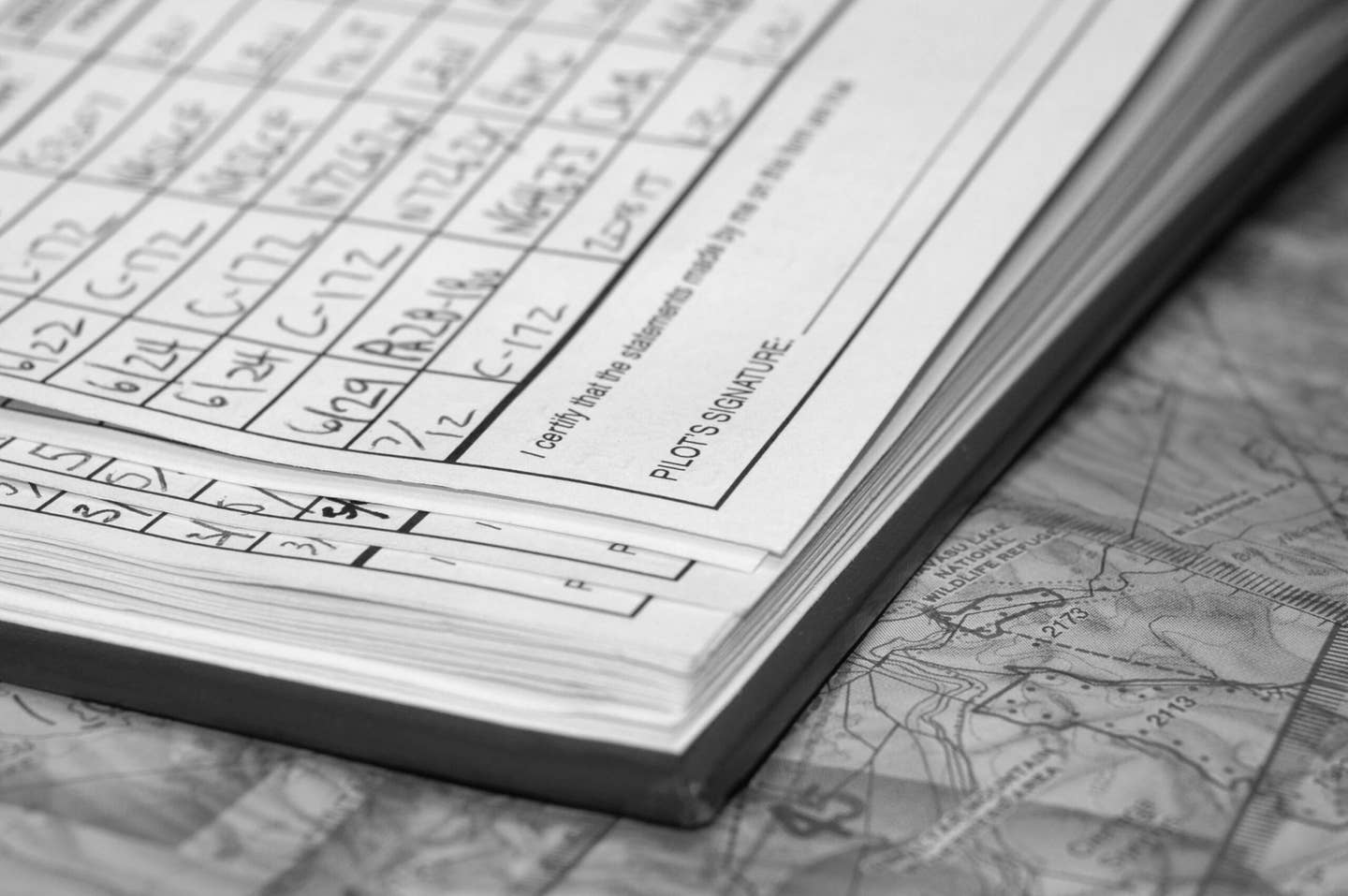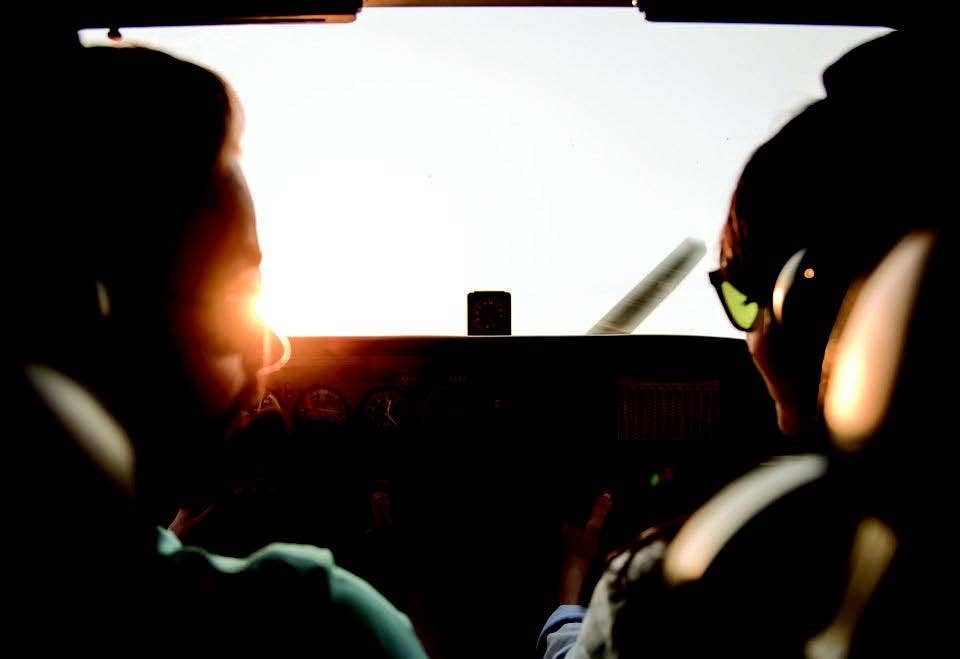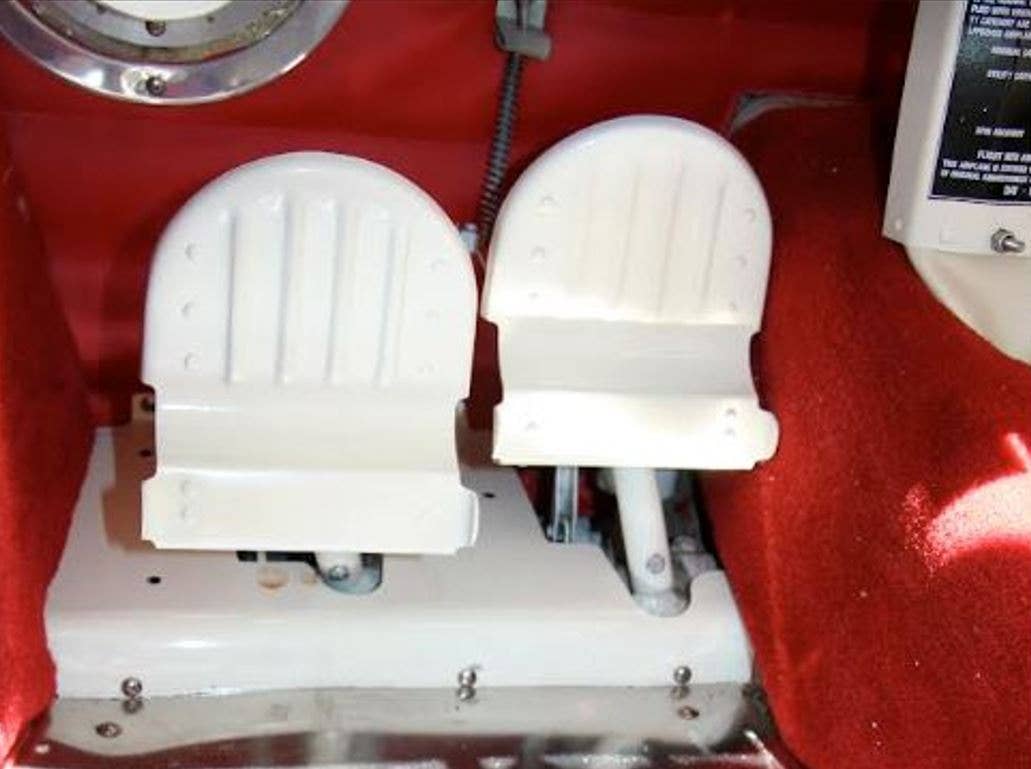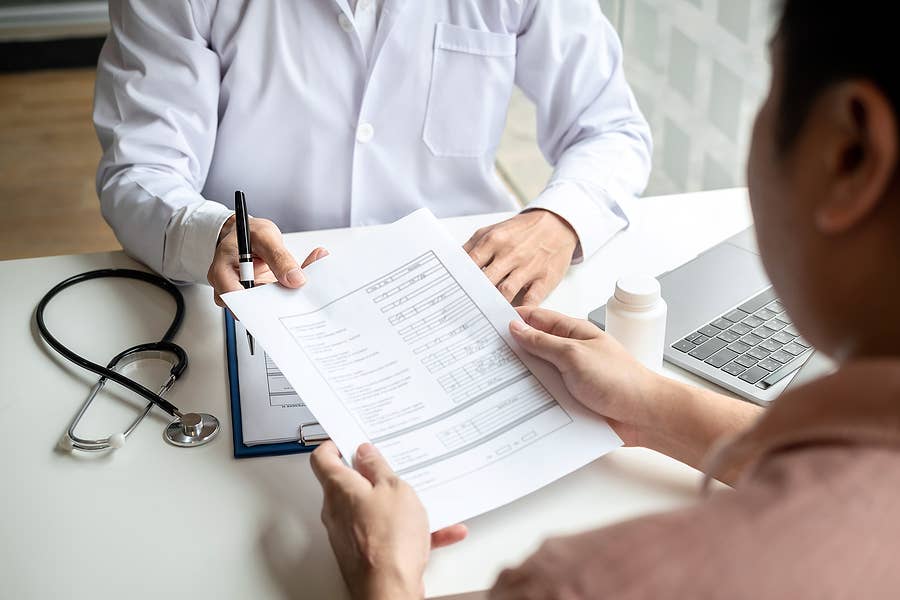
[Credit: Bigstock]
From Our Partners at Wingman Med
The Road Map to Quick Certification
We have previously discussed how to fill out your MedXPress to reduce the number of questions your AME may want to ask. No matter how well you do that, there are many times when you will still need a note from your doctor about your medical condition(s). Because the FAA doesn’t see you in person nor have access to your entire medical history, those notes are critical. Providing a Current Detailed Clinical Progress Note that meets the agency’s rigorous quality and content standards is vital to your speedy medical certification.
You have done your due diligence. You have prepared for your FAA medical exam like the test that it is. You know what you need to get through your medical exam in an expeditious manner. You know what your doctor(s) write will play a critical role in that process. Now for the hard part. How do you get a busy doctor who is set in their practice pattern to write a note to the FAA’s standard instead of their own? If what you are asking is correct, and your doctor just won’t write it to the standard the FAA is looking for, what do you do? Similarly, what if your doctor already wrote a note and you need it updated to meet the FAA requirements, but they won't do it? Why would this even happen?
Why Won’t Some Doctors Won’t Write the Note You Need?
Most importantly, you need to set realistic expectations. Don’t ask your doctor to write something that is factually incorrect. You can’t very well ask them to say you have passed your exercise stress test if you haven’t and your labs are in normal ranges if they aren’t.
You should also recognize you are asking a busy professional to do something they are not familiar with and may not view as being relevant or necessary. Not every patient encounter note needs the level of detail the FAA expects. Writing ones that do normally require much more time than documenting only to a standard to facilitate follow-up care, justify billing, and satisfy liability concerns.
Are you asking them to revise a note they have already completed from a visit days or weeks ago? Some medical record systems make it hard to change notes that have already been signed. At a minimum, nobody likes being asked to repeat work they have already done once. Your doctor is no different.
If you have provided your physician with your request in advance, they may also not like you “telling them what to do.” How you approach the request and how you phrase things can be important. No physician likes it when a patient comes in with a self-diagnosis and starts demanding specific treatment protocols before they even have a chance to ask what is going on. Using good communication skills and tact can go a long way toward getting what you want.
We briefly discussed this concern in our article about Direct Primary Care Physicians. It pretty much boils down to motivation. Most doctors are paid by insurance. Insurance has their own criteria for what is required to pay a doctor within their billing system. If your doctor has already written a note, especially one that meets the insurance payment criteria, why would they do it differently or a second time? In either scenario you are asking the doctor to do more work for no more compensation. For a busy doctor, this can be difficult to overcome.
What To Do When Your Doctor Won’t Write the Note You Need for the FAA
Sometimes pilots may hit a brick wall with their physician. That doesn’t mean it is over, but it might mean it is over between you and that particular doctor. When it comes to primary care physicians, which can cover the vast majority of issues you may be dealing with, this is where we think making the switch to a Direct Primary Care (DPC) physician may be beneficial. They work directly for you and are not beholden to the insurance companies for reimbursement.
Direct Primary Care’s goal is to bring that doctor- patient relationship back to the doctor and the patient. That is exactly what you need. You want a doctor who has time to listen to you and understand what your needs are. After all, your needs may be slightly different than the average patient. Direct Primary Care physicians tend to have a significantly smaller patient panel than insurance- paid physicians. This gives them a lot of time and flexibility in comparison. If you think this will be a good option for you, then use the Direct Primary Care Coalition’s website to find one near you.
If you aren’t ready to make a change to Direct Primary Care and you just need a one- time evaluation, or your situation requires a specialist, then you still have options. Independent Medical Examiners (IMEs) are physicians of varying specialties who conduct, well, independent medical exams. They specialize in reviewing records and writing complete notes along with giving their medical opinion based on the combination of the records and their own exam. That can be useful to a pilot facing a challenging FAA medical certification.
There is a downside though. Sometimes the FAA requires things that are not covered by insurance. While the agency wants certain tests and/or specialist evaluations, they may not be medically indicated from a treatment perspective. That generally means insurance won’t pay for them. Another thing that insurance won’t pay for is an independent medical exam. Rates will vary by specialty, location, and how long the review and exam will take. But if you need a specialist evaluation and you can’t get it done properly within your insurance system, then an IME may be your best option. If you want to find an IME, you can check SEAK's National Directory of Independent Medical Examiners and the Independent Medical Examiners Directory.
If You Commit to the Process, You’ll Likely Succeed
Most of the time when a pilot’s medical certificate is denied, it is because the FAA never received the information requested. If you are safe to fly, then it is a matter of having the right documentation. Don’t let one physician unwilling to help be what stops you from getting back in the air. And Wingman Med can help.

Subscribe to Our Newsletter
Get the latest FLYING stories delivered directly to your inbox


